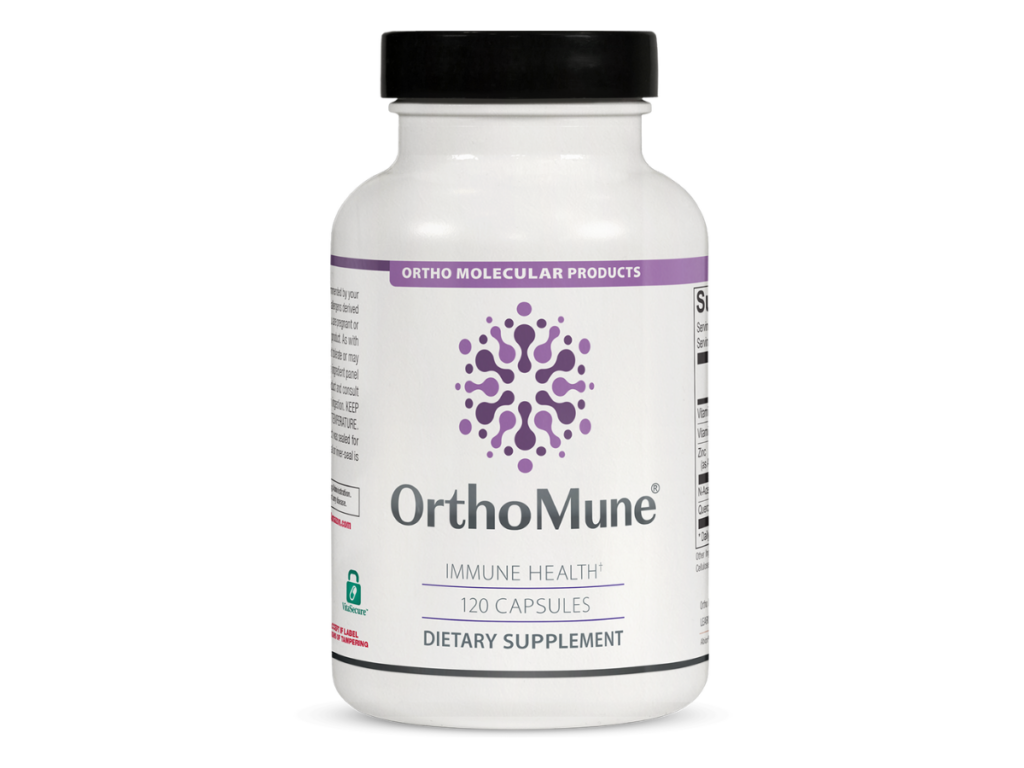By Kathryn Cole, RDN and Claire Bacon, ACN, CNC
As we step into Fall, reminders about the arrival of Cold and Flu Season are everywhere—it’s time for your flu shot! Grocery stores and pharmacies are promoting their “free” vaccinations, claiming they’re safe and effective for everyone. With such widespread advertising, it’s easy to think this is the best way to stay healthy, especially since it’s free. And for larger workplaces, Kroger even offers on-site vaccinations for added convenience. However, we believe this is more of a marketing strategy aimed at boosting profits for vaccine manufacturers and that there are ways to stay well naturally.
These providers are diligently working to administer flu shots to everyone, regardless of individual health status, but it’s clear that full informed consent is often lacking. Many people aren’t being informed about potential risks, such as the possibility of viral shedding or the fact that the attenuated virus in the vaccine may not match the strains circulating in their communities.
I’d like to hear from anyone who has actually received and reviewed the package insert for the recommended flu shot, or who has been given a list of ingredients along with safety studies for each one, or even a comprehensive list of potential adverse effects. If you have, consider yourself fortunate to have the information necessary to make an informed decision for your health and that of your family.

The Issue with Flu Shots
One concern with flu shots is that they often contain adjuvants, which include neurotoxins like thimerosal, formaldehyde, and aluminum, used to stimulate the immune system. Each manufacturer varies in their formulation, so it’s essential to check the ingredients yourself. Neurotoxins can accumulate in the body over time, especially if not properly detoxified, and have been linked to chronic diseases. Currently, there isn’t enough scientific evidence to conclusively prove that the long-term injection of neurotoxins is safe. Don’t just take my word for it—there’s plenty of intriguing research available on this topic.
Have you heard of a relatively new diagnosis called ASIA? It stands for Autoimmune/Inflammatory Syndrome Induced by Adjuvants. This condition is real, debilitating, and linked to certain toxic ingredients that many people assume are safe—but they’re not. For more information, read here.
Wellness professionals like us believe that flu season isn’t truly a season at all. Instead, it often results from lowered immune function and vitamin D levels during cooler weather, coupled with nutrient-deficient diets, increased stress, lack of sleep, and close contact with others who are unwell. This creates a shock to the system, making it harder to adapt to these natural changes. Some people manage this transition better than others and take steps to stay well naturally.
Staying Well with Chiropractic
Research increasingly highlights the benefits of chiropractic care beyond just alleviating low back pain. As a member of our practice, you likely already recognize the preventative advantages of regular adjustments. For instance, adjusting the first vertebra (atlas) can significantly reduce mucus congestion in the sinuses, potentially alleviating irritation from subluxation. Adjustments to the thoracic vertebrae can also relieve discomfort from prolonged coughing, helping to clear lower respiratory congestion.
Additionally, we’ve observed that children’s fevers may spike and then drop after chiropractic adjustments, suggesting that proper alignment and central nervous system function can benefit the immune system.

Vitamin A for an Anti-Viral Immune Boost
Vitamin A is essential for defending against infections and maintaining the integrity of the intestinal lining. It plays a crucial role in enhancing antibody responses, particularly IgA in mucosal tissues. This vitamin is vital for a process in the digestive system that fosters immune tolerance throughout the gut lining, which is fundamental to good health. A compromised immune system can lead to various illnesses, and the gut is often where immune tolerance is first lost. Vitamin A helps us consume a variety of foods without adverse reactions.
The best food sources of vitamin A are:
- Liver
- Carrots
- Sweet potatoes
- Cantaloupe
- Red, yellow, and orange bell peppers
- Apricots

For extra vitamin A support, you might like to add in Cataplex AC or ACP, Chlorophyll Complex, Livaplex or Immuplex.
Vitamin C for Immune Maintenance
Cheap vitamin C products are everywhere, but they often contain only ascorbic acid, which isn’t the active component of the whole vitamin C complex found in nature. The FDA allows this to be labeled as vitamin C, but it mainly acts as a preservative.
While ascorbic acid may offer some short-term benefits during a cold, whole food sources provide far greater support. You can get this from your diet through:
- Lemons
- Oranges
- Kiwis
- Strawberries
- Bell peppers
- Broccoli
- Brussels sprouts
For additional vitamin C support, consider Standard Process Cyruta Plus and Cataplex A-C or ACP.
Vitamin D: Essential to Staying Well
Vitamin D, often called “the sunshine vitamin,” is produced when our skin is exposed to sunlight, provided we have enough cholesterol for its synthesis. Adequate vitamin D is essential for the absorption and utilization of calcium and phosphorus, ensuring you have healthy, strong bones. It also plays a role in red blood cell production which is the basis of our immune system, regulates inflammation in the body, controls infections and allergies, and prevents depression.
A deficiency in vitamin D is linked to a range of health issues, including bone loss, osteoarthritis, cognitive problems, kidney disease, respiratory issues, diabetes, gastrointestinal disorders, and cardiovascular disease.
The most effective way to obtain vitamin D is through sunlight exposure, but you can also incorporate it into your diet:
- Salmon
- Herring
- Sardines
- Tuna
- Butter
- Egg yolks
We recommend adding in Cod Liver Oil during the winter season for naturally occurring vitamin D, vitamin A, and omega-3 fatty acids.

Zinc: An Immune Essential
To stay well naturally, it’s essential to prioritize zinc. This vital nutrient supports the activity of over 300 enzymes involved in metabolism, digestion, nerve function, and various bodily processes. Additionally, zinc is crucial for the development and function of immune cells, helps reduce inflammation, may assist in treating acne, and promotes effective wound healing.
The best food sources of zinc include:
- Oysters and shellfish
- Red meat
- Pumpkin seeds
- Beans
- Lentils
The best part? We have a supplement that includes nearly all these nutrients to support your immune system! Look no further than OrthoMune, which features vitamin C, D, zinc, quercetin, and N-Acetyl-L-Cysteine. We recommend taking it throughout the cold and flu season to help keep your immune system strong and prepared to defend against illness! Available in office or contact us for shipping.

Bottom Line for Staying Well Naturally
A healthy immune system is key to feeling well, maintaining energy, and managing your daily tasks without interruptions. By incorporating regular chiropractic care and consuming foods rich in vitamins A, C, D, and Zinc, you can strengthen your immune system in multiple ways. Support your body’s optimal function and start boosting your immune health today to stay well naturally, all year long!
Like this article? Keep reading…
If you liked this one, we’ve got several more all about staying well with natural methods.


